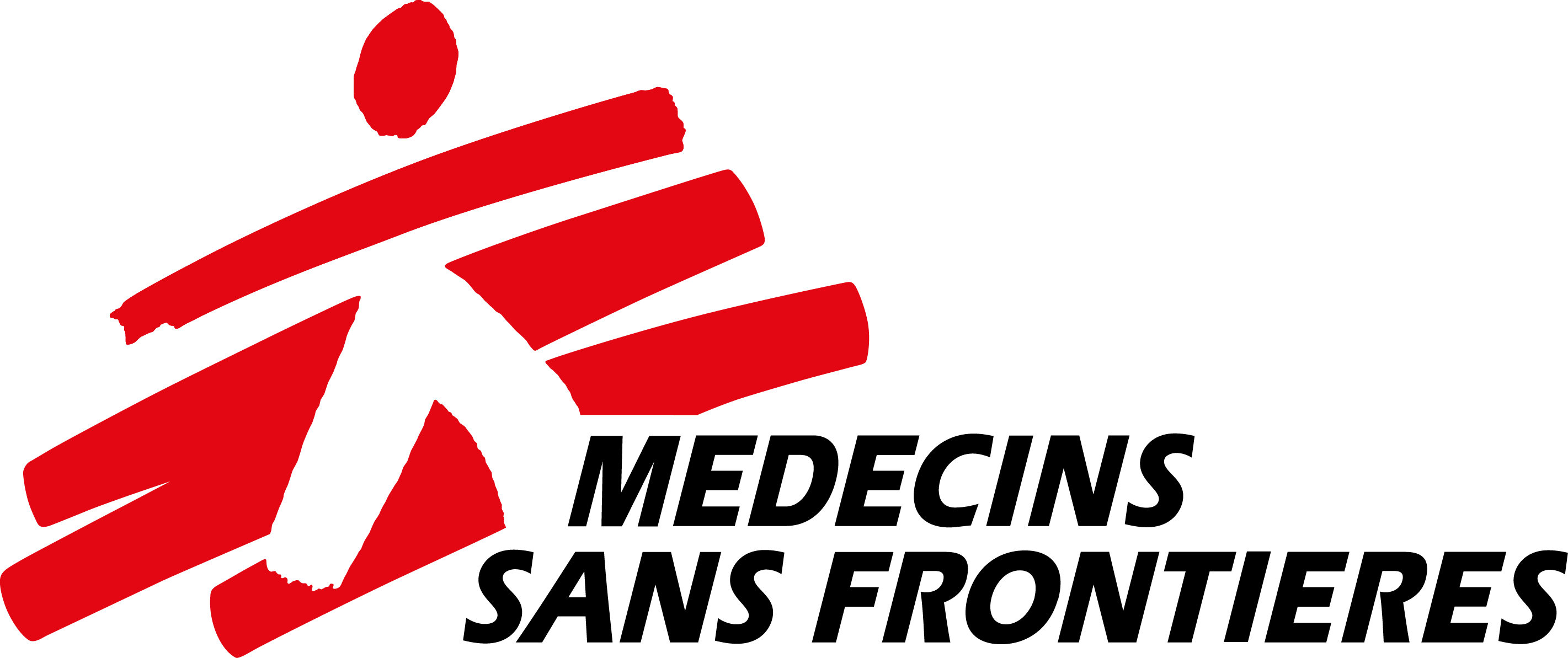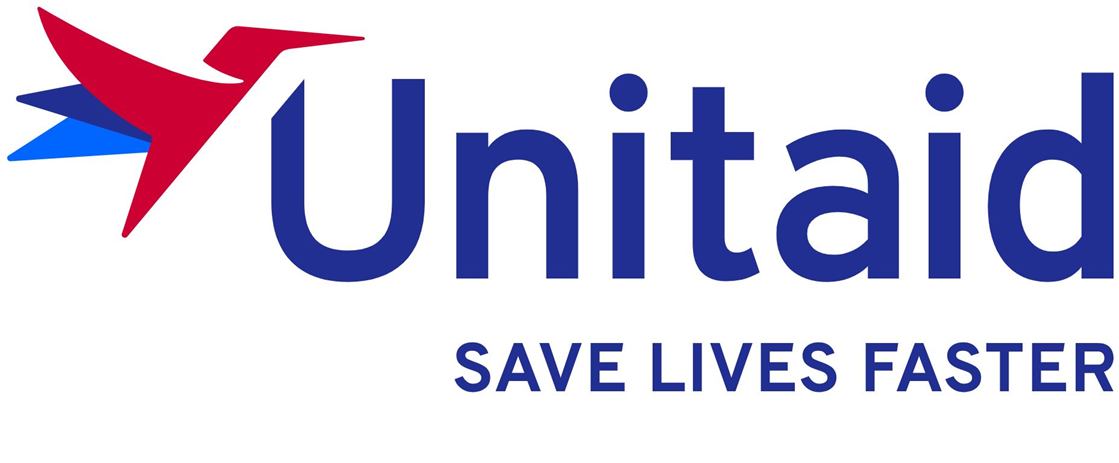Clinical perspectives on treatment of rifampicin-resistant/multidrug-resistant TB
V. Cox, L. McKenna, R. Acquah, A. Reuter, S. Wasserman, D. Vambe, P. Ustero, Z. Udwadia, L. Triviño-Duran, M. Tommasi, A. Skrahina, J. A. Seddon, R. Rodolfo, M. Rich, X. Padanilam, L. Oyewusi, L. Ohler, P. Lungu, M. Loveday, U. Khan, P. Khan, J. Hughes, C. Hewison, L. Guglielmetti, J. Furin
Rapid diagnostics, newer drugs, repurposed medications, and shorter regimens have radically altered the landscape for treating rifampicin-resistant TB (RR-TB) and multidrug-resistant TB (MDR-TB). There are multiple ongoing clinical trials aiming to build a robust evidence base to guide RR/MDR-TB treatment, and both observational studies and programmatic data have contributed to advancing the treatment field. In December 2019, the WHO issued their second ‘Rapid Communication´ related to RR-TB management. This reiterated their prior recommendation that a majority of people with RR/MDR-TB receive all-oral treatment regimens, and now allow for specific shorter duration regimens to be used programmatically as well. Many TB programs need clinical advice as they seek to roll out such regimens in their specific setting. In this Perspective, we highlight our early experiences and lessons learned from working with National TB Programs, adult and pediatric clinicians and civil society, in optimizing treatment of RR/MDR-TB, using shorter, highly-effective, oral regimens for the majority of people with RR/MDR-TB.
Access to the full article - http://dx.doi.org/10.5588/ijtld.20.0330
Resource type
Topics




